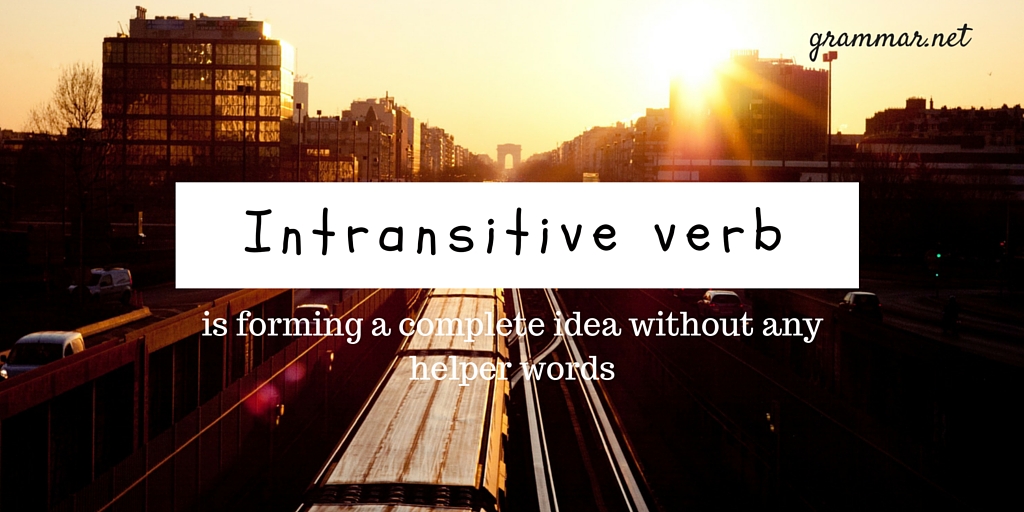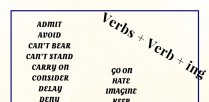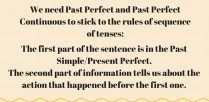Intransitive
An intransitive verb is not followed by an object. If the subject and verb can stand by themselves as a complete sentence, forming a complete idea without any helper words, the verb is intransitive.
“Foofoo barked.”
This clause is complete even though no other information is offered.
“Foofoo, the little black cocker spaniel that lives in the fenced yard across the street and drives me crazy with all her incessant noise, barked loudly throughout the entire night until well past 4 am.”
If the extra clauses and descriptive words are removed, the main idea remains the same: “Foofoo barked.”
Transitive
A transitive verb is tied to an object. An object is a noun or pronoun that is governed or affected by a verb. If the subject and verb are taken from rest of the sentence and are unable to form a complete idea by themselves, the verb is transitive. It is always an action word, never passive, and it always requires a direct object.
“The racehorse cost a lot of money.” “The racehorse cost–” is a fragment.
“He brings a nice income to the stable.” “He brings–” is a fragment.
“Customers ship mares to him now that he retired.” “Customers ship–” is a fragment.








